America’s Dog’s Manolis Alpogianis Quizzes Potbelly’s Bryant Keil
March 4, 2017
Staff, Chicago Grid
Bryant Keil bought the first Potbelly store in 1996, and now presides over a chain of more than 260 stores in 17 states. Manolis Alpogianis has four America’s Dog locations in the city—and a lot of questions for Keil.
On financing growth
Alpogianis: It seems like there’s friends and family, then angel investors, and then venture capital money. Venture capitalists, they invest, and then there’s an exit strategy for them. And then you’re suddenly a corporation. Everything from A to Z is really tied up. Is there anything in between? [What if] I need more than $600,000 but I don’t need $5 million?
Keil: Debt. You have a proven track record now and, frankly, if you could get a debt facility, maybe with some upside to the debt holder, I think convertible debt would be a great thing for you…
On the company you keep
MA: I know in my next few steps, I’ve got to put together a board of directors. Who should I be targeting?
BK: I think for the debt facility, they’re going to want some voice to make sure things are going along in a thoughtful way. If you go to traditional venture capital, [the funders] are going to want to be represented on the board, they’re going to want to be able to control who you add to the board and who you can take off the board.
I wanted to make sure we had great board members. People that could not only add capital, but add value. And so I got Howard Schultz, from Starbucks, and [Oak Investment Partners’] Jerry Gallagher, who’s sort of like the father of retail investing.
On squeezing nickels
BK: As you raise capital, be more stingy with spending money than you’ve ever been. Don’t do a big new office. Don’t start adding benefits. Don’t get loose about things. Be tight. Watch every penny. Before you hire one additional person, I would ask, over and over, do I really need this additional person?
MA: When you do have that push to open more stores, to generate more revenue, to keep that machine going, I definitely could see a time where I might have a comptroller.
BK: You need to know exactly where you stand financially at all times. Growth hides an awful lot of mistakes.
On working in the trenches
BK: Make sure that your corporate people are spending time in your stores. It’s so easy to get disconnected from that. And I think it’s important. Our CEO spends a ton of time in our stores. And that’s the way you stay in touch.
MA: Right now, everyone works in a store. I want them to walk through a store. I want them to make sure they really know what’s going on.
On keeping control
MA: When you do start raising outside capital, how do you determine how much control to give away? Is there a formula? Is there a standard?
BK: My formula is give up as little as you can. Giving up equity and giving up control are huge risks at the early stages of any business. Be really diligent, particularly on the control side. If you want to control your company going forward, be maniacal about that. I would only do the outside round if you really need it to build your business model.
On franchising
MA: Any pointers on company-owned stores versus franchising?
BK: We had 220 [company-owned] stores before we franchised one. And now we [still] have more company-owned stores than Quiznos, Subway and Jimmy John’s combined.
[Franchising] is a good thing to do in time. If you have access to capital, focus on opening your own company-owned stores. Your operations are special and you want to make sure that you maintain that. There are a lot of hot dog places out there. But there aren’t a lot like yours.
MA: When you did start franchising, what were some of the harder things? Because I’ve had so much control of everything so far, everything I do is decisions that my team and I make. But once you start franchising, you bring another player into it, another owner into it.
BK: We’re really maniacal about how we choose franchisees. Multiple interviews, an immersion week to see how they’re going to work in our system. And even after they go through that process, we don’t approve everyone.
On the other side, we’ve got some great franchisees who really are digging in, developing new ideas, new products, new processes for doing things. And we might apply some things that they’re doing to our company-owned stores. [Franchisees] can be a great resource, and [they] can be tricky, because they’re going to want to value-engineer [their] store. If they want to bring down the cost of investment too far, it’s just not the same experience. And I think you want an experience that’s in keeping with your success today.
On staying focused
MA: How do you add things to your menu without losing the focus of who you are?
BK: We’ve probably added five new key products to our core menu, which isn’t a lot over time. Your core business is hot dogs.
I think adding other product lines makes a lot of sense. At the same time, not trying to be everything to everybody, doing a few things and doing them really well is a great strategy. It’s easier for your distribution, your waste, your employees. Offering a few things that are really fantastic makes a lot of sense.





